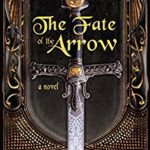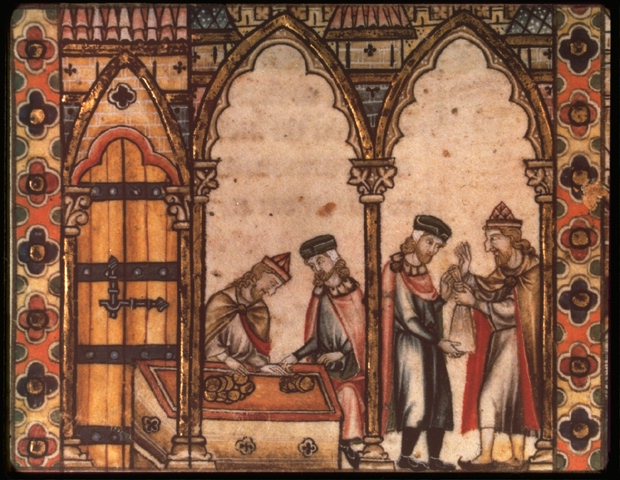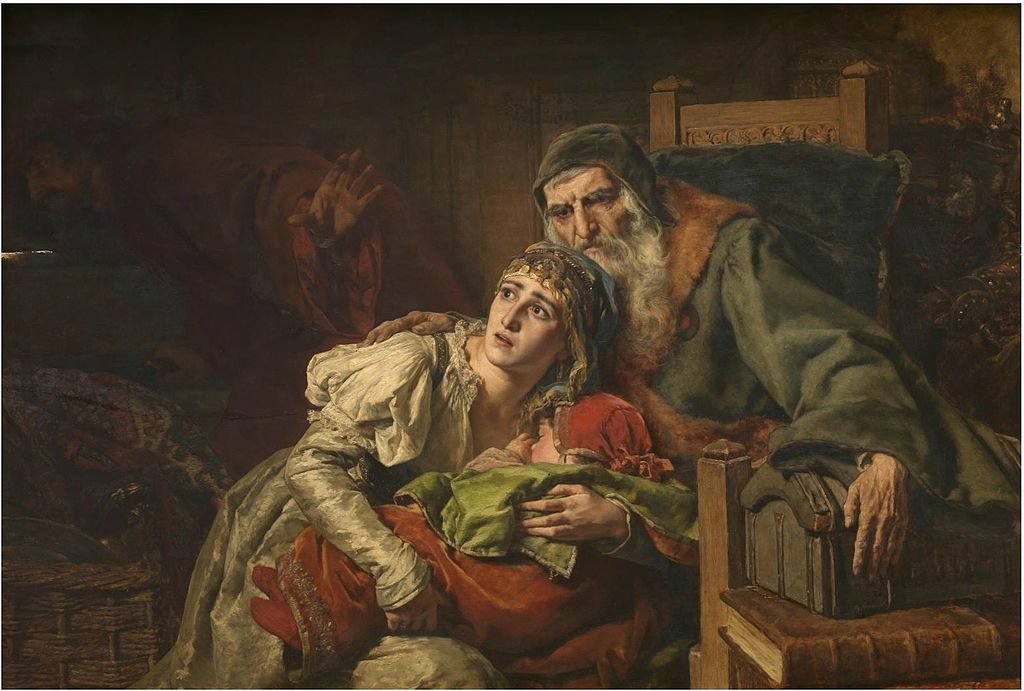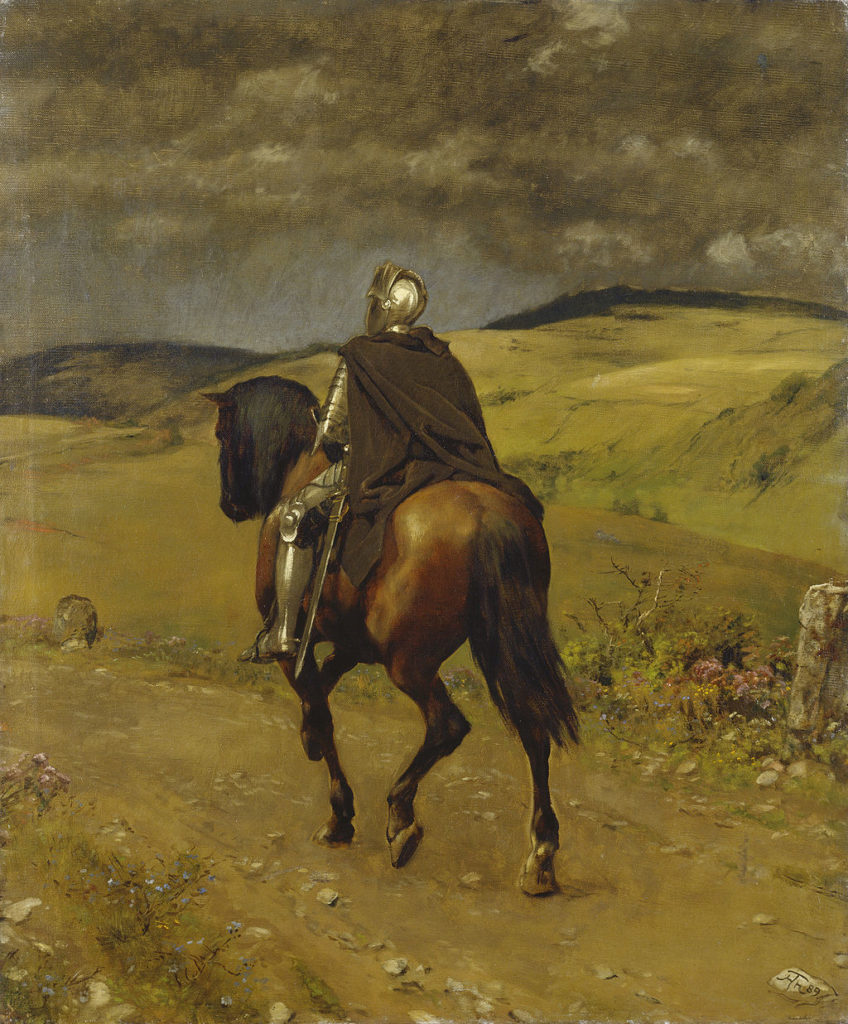Guest author Shel Pais told me once that his father, who survived the Holocaust, had a tremendous impact on his life. Today, Shel writes historical fiction highlighting the discrimination Jews faced in a lesser known age: the Middle Ages. In this post, read what he has to say about his novel and the history that underlies it.
***
Guest Post by Shel Pais
The Fate of the Arrow – What’s it all about?
 A young man, forbidden by law even to own weapons, dreams of becoming a knight to avenge the murder of his mother and defend his people. When he saves the Baron of York’s life, he abandons his old existence, blending in to learn new customs and maintain a dangerous secret. A conniving abbot learns the truth, threatening to expose the young man if his family does not agree to the abbot’s hidden agenda. While earning the baron’s favor and being relentlessly pursued by the baron’s daughter, the aspiring young warrior must do everything to conceal his identity – for he is not Donald as everyone knows him, but David, a Jew. And discovery would be fatal.
A young man, forbidden by law even to own weapons, dreams of becoming a knight to avenge the murder of his mother and defend his people. When he saves the Baron of York’s life, he abandons his old existence, blending in to learn new customs and maintain a dangerous secret. A conniving abbot learns the truth, threatening to expose the young man if his family does not agree to the abbot’s hidden agenda. While earning the baron’s favor and being relentlessly pursued by the baron’s daughter, the aspiring young warrior must do everything to conceal his identity – for he is not Donald as everyone knows him, but David, a Jew. And discovery would be fatal.
***
The history behind the book:
One of the reasons I wrote the book is because I’ve found many people, Jews and non-Jews alike, not only have no idea of what life like was for Jews in England during the Middle Ages, but also many expressed that they didn’t even know there were Jews in England at that time.
English Jewish history is believed to have begun in 1070, when William the Conqueror invited Jews from Rouen to settle. Some did, and eventually relatively small Jewish communities were established in several larger cities. However, they never were allowed to be citizens, and became “property” of the king. They could only live in cities, while 95% of the English population were serfs under the feudal system. Denied entrance into the guilds, most became moneylenders, almost the only profession permitted to them. While usury was against Church law, some Christians did loan money, and at rates higher than Jewish moneylenders charged. However, animosity grew against the Jewish moneylenders when the population, uneducated and illiterate, resented them for earning money without performing hard work as they had to do.

Some of the other significant events and edicts that severely affected the Jews were:
- 1194 – Archa system established. This was a locked box where loan agreements were kept. Jews could only live in a town that had an archa.
- 1198 – Exchequer of the Jews established–specifically for court cases between Christians and Jews
- King John taxed the Jews heavily
- 1216 – King Henry III’s coronation – he would be responsible for the following:
- 1232 – Domus Conversum – a building established for converted Jews to live in so they would not revert to their old ways
- 1253 – Statute of the Jewry enacted, which included the following:
- Any Jew could only remain in England if he or she would “serve Us in some way.”
- Synagogues could not be constructed, and only those that existed in the time of King John could stand.
- Demanded Jews lower their voices in Synagogues, so Christians could not hear them.
- Placed a duty on Jews to pay to their local Christian church.
- Banned Christian wet nurses and servants working for Jews, and banned all Christians from eating with Jews or “abiding” with them in their houses.
- Banned Jews from buying and eating meat in Lent.
- Banned Jews from disparaging or publicly disputing the Christian faith.
- Banned “secret familiarity” between Jewish men and Christian women, and Christian men and Jewish women.
- Commanded that “every Jew wear his badge conspicuously on his breast”
- Banned Jews from churches, except for ‘transit.’
- Barred Jews from hindering another’s conversion.
- Required Jews to obtain a license to live in any town other than those with established Jewish communities.
- The “justices of the Jews” were to enforce the articles, and that they were to be “rigorously observed on pain of forfeiture of the chattels of the said Jews.”

Personal history:
I also have a very personal reason for writing the novel, being the son of a Holocaust survivor. My father’s first wife and my half-brother were murdered in the Stutthof concentration camp in 1944 where they were sent when the ghetto at Kovno, Lithuania, was liquidated. My father was sent to Dachau, where he miraculously survived. Especially today, when it seems that anti-Semitism is in the news almost daily, it is important for Jews to better understand our roots and history and for non-Jews to help stop this continued insane hatred.
***
 The Fate of the Arrow is available on Amazon in paperback and Kindle formats. The eBook version is also available at Barnes & Noble, Walmart, and other sites as well.
The Fate of the Arrow is available on Amazon in paperback and Kindle formats. The eBook version is also available at Barnes & Noble, Walmart, and other sites as well.
Thank you, Luci, for this guest appearance in your blog.
***
Featured painting at the top is called Einsamer Ritt (Lonely Ride) by Hans Thoma.

Thank you for this post. I didn’t know there were Jews in England at the time. It’s awful what they went through .☹
I did know there were Jews in England in the Middle Ages. Learned that at a young age, maybe 14, by reading Ivanhoe by Sir Walter Scott. Isaac of York and his daughter Rebecca feature prominently in that novel. I am ever grateful to God that He bestowed on me a life long love of reading. But, there is still more to discover.
I thought of Ivanhoe, too, reading this. Also Shakespeare’s Merchant of Venice and his pound of flesh. Some great old literature where the authors put themselves in shoes different than their own.
Pingback: I Am Back - Lucinda J Kinsinger